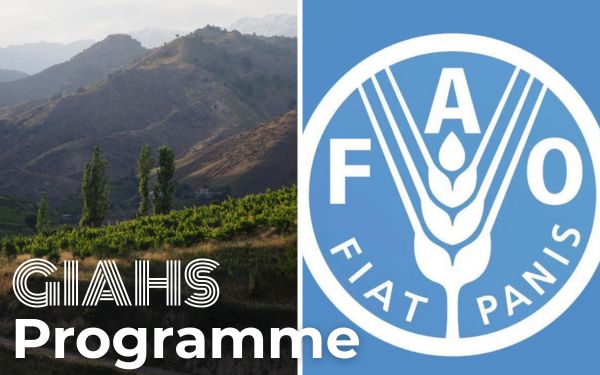What You Should Know
- FAO honoured 28 new Globally Important Agricultural Heritage Systems (GIAHS) across 14 countries, bringing the total to 102 sites worldwide.
- The event, held in Rome during FAO’s 80th Anniversary, celebrated communities preserving traditional knowledge, biodiversity, and climate resilience.
- FAO Director-General QU Dongyu emphasized GIAHS’ role in achieving the Four Betters – Better Production, Nutrition, Environment, and Life.
- Ministers and representatives from countries including Andorra, Tajikistan, Italy, Japan, and Indonesia joined the ceremony along with UN Tourism.
- The programme featured a policy dialogue and a “Voices from GIAHS” talk show sharing success stories from six countries.
- Launched in 2002, GIAHS now spans 29 countries, promoting agrobiodiversity, cultural heritage, and sustainable rural development.
What is Update
The Food and Agriculture Organization (FAO) celebrated 28 new special farming areas from 14 countries. These places are called Globally Important Agricultural Heritage Systems (GIAHS). They show how farmers, fishers, and local people use old and smart ways to take care of the land, grow food, and protect nature.
The event was held in Rome during FAO’s 80th birthday. FAO’s leader, QU Dongyu, thanked all the people who keep these traditions alive and said their work helps the world have better food, a cleaner environment, and a happier life.
Leaders from countries like Andorra, Tajikistan, Italy, Japan, and Indonesia joined the event. There were talks about how to support these heritage systems and stories from farmers in different countries. The GIAHS program started in 2002 and now includes 102 sites in 29 countries, helping protect nature and culture for a better and greener future.
Principle Outcomes
The GIAHS program helps protect old and wise farming methods that care for the earth and use resources wisely. It supports farmers and local communities by keeping their traditions alive while improving their income through eco-friendly farming and tourism. It also helps protect plants, animals, and soils, keeping the environment healthy. By learning from these traditional systems, people can find better ways to grow food and face challenges like climate change.
The FAO’s GIAHS program is very important for the future of farming and nature. It connects old knowledge with new ideas to make food systems stronger and more sustainable. By honoring these special farming areas, the world learns to respect nature, value culture, and work together for a better, greener, and safer planet.





